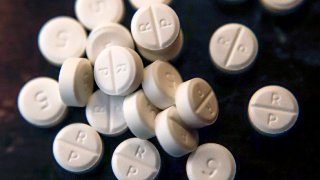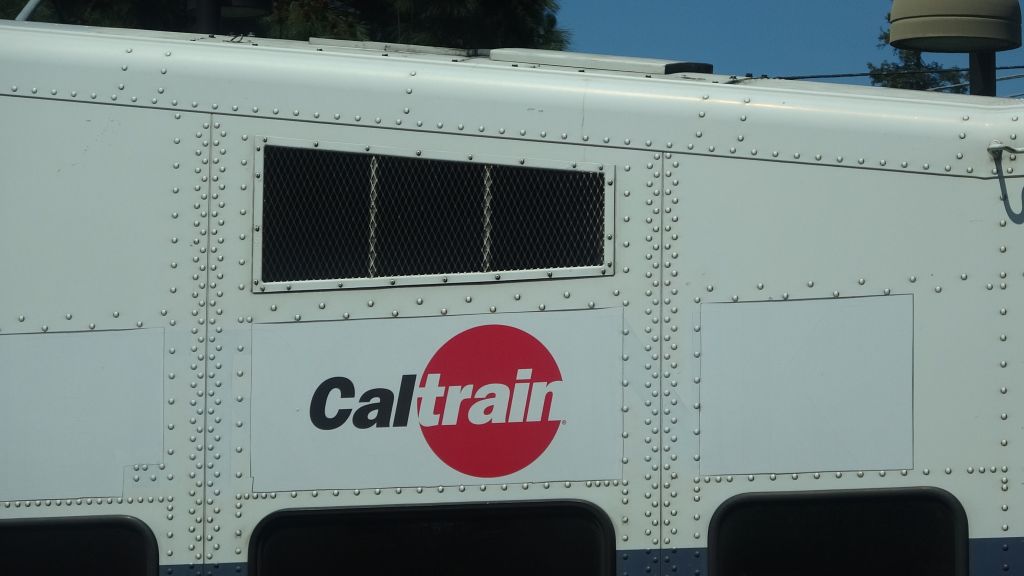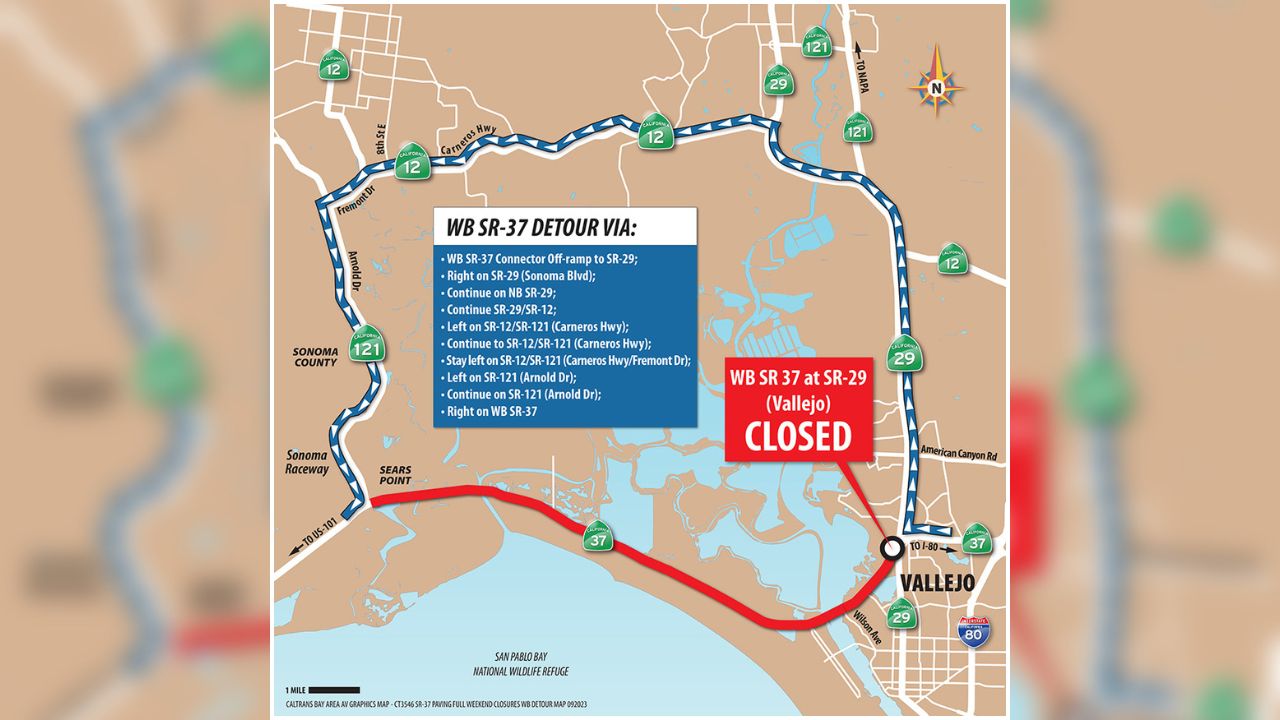
Overdose deaths continued to rise in San Francisco in the first six months of 2019, mostly due to rises in fentanyl and methamphetamine overdoses, according to data released by the San Francisco Department of Public Health.
Through June 30, the Department of Public Health recorded 182 confirmed overdose deaths, continuing a rising trend from 259 overdose deaths in all of 2018 and 222 in 2017. The agency released the data set on Tuesday.
Deaths attributed to the ultra-potent opioid fentanyl totaled 69 in the first half of 2019, according to the SFDPH. Fentanyl overdoses doubled from 11 in 2015 to 22 in 2016, followed by increases to 36 deaths in 2017 and 89 in 2018.
Public health officials first began to notice fentanyl laced in other street drugs in the city, but the drug has become a go-to choice for some people in recent years. The synthetic opioid is up to 100 times more potent than morphine, according to the Centers for Disease Control and Prevention.
"Unfortunately, since the second half of 2018, we -- like every community that has seen fentanyl take over the street opioid market -- have faced rising mortality due to fentanyl," said Department of Public Health Director of Substance Research Dr. Phillip Coffin.
Public health officials confirmed 112 methamphetamine overdose deaths in the first half of last year, on pace to dwarf 2018's 126 overdose deaths and 2017's 99 deaths.
The agency also noted that partial data from 2019's second half indicated a "substantial increase" in both fentanyl and methamphetamine overdose deaths.
Local
To combat the rise of overdose deaths, particularly for opioids like fentanyl, the Department of Public Health has sought to make medications like naloxone, also known as Narcan, and buprenorphine more widely available to people dealing with an addiction.
San Francisco's Drug Overdose Prevention and Education Project recorded nearly 1,800 overdose reversals by using naloxone from January to September 2019.
Public health officials have also reached out to homeless residents battling addiction by offering buprenorphine prescriptions to people who may not be able to access traditional methods of health care.
"For people who are not ready to stop using entirely, we find that buprenorphine also treats the risk of opioid overdose," said Dr. Barry Zevin, the medical director of the Department of Public Health's Street Medicine team. "We have not had overdoses among patients who continue to use buprenorphine. Lowering barriers to addiction treatment saves lives."
The Department of Public Health offers naloxone, fentanyl test strips and other harm reduction supplies at no cost at the CBHS Pharmacy at 1380 Howard St., Glide Harm Reduction Services at 330 Ellis St. and the Sixth Street Harm Reduction Center at 117 Sixth St.
The city also offers an online bed-finder tool at FindTreatmentSF.org for residents seeking treatment for addiction withdrawal, residential treatment programs and living spaces for people undergoing outpatient care.



